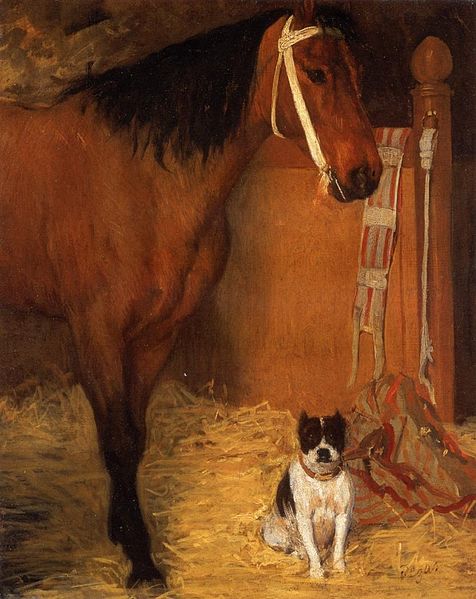All languages change with the passage of time; sometimes a mysterious change overtakes the pronunciation of a particular sound in all the words of a language; such a change is called a ‘Sound Change’. Anybody who has learned more than one European language will have noticed certain similarities of form in words of the same or similar meaning. English acre, for instance, and Latin ager, a field. The words for mother and father, likewise, resemble each other in many languages. Careful comparison of Indo-European languages with each other makes possible the definition of sound changes which took place in the course of their divergence from each other. In the Germanic group of languages, for example, of which English is one, Indo-European ‘b’ became ‘p’ and Indo-European ‘p’ became ‘f’. Knowing this we can see the resemblance between Latin labor — I fall — and Old English slepan — sleep — between Latin pedem — foot — and English foot which might otherwise escape notice.
There is no written Indo-European, nor are there written forms of the earliest languages that developed from it — of ‘Common Germanic’ for example, from which English, Dutch, German, Gothic and Norse, are descended. Nevertheless once careful comparison of words in the known Indo-European languages has allowed the sound changes in various groups of language to be described, it is possible to reconstruct the probable form of a word in Indo-European starting with the modern form and working the sound changes backwards. Such reconstructed forms are written with an asterisk in front of them to show that they are only guesses.
Let us take the English word cow as an example. It comes from the Old English word cu. There are similar words in other Germanic languages — ku in Old Frisian, ko in Old Saxon, kyr in Old Norse, etc. So we can reconstruct the Common Germanic word *kouz, fem. *koz. Such a word would have come from an Indo-European word *gwous. Now we can check up our guess by looking for the descendant of such a word, meaning cattle of some kind, in a language of another branch of the Indo-European family, in which different sound changes have occurred. We would find that Sanskrit has gaus, and Greek has bous; Latin has bos, bovis. (From which, by the way, French has boeuf, from which Modern English gets beef. cow = beef!)
Take the word wheel as a second example. It comes from Old English hweol; and is equivalent to Old German wel, Middle Dutch wiel, Old Norse hjol, etc. There must have been a Common Germanic word *xwegula — an Indo-European word *qweqw lo. There is a Sanskrit word cakra meaning circle, a Greek word kuklos meaning cycle, a Latin word colus meaning a distaff (which spins round).
If a word, like wheel, occurs in all or many of the Indo-European languages, it is reasonable to suppose that it was a word of the original language; if the Indo-Europeans, whoever and whenever and wherever they were had a word for wheel, then it is reasonable to suppose that they had wheels to call by it. Laborious though it is, it is possible by sorting out which words descend into all or most of the known Indo-European languages to make a word-list of Indo-European vocabulary, and from the vocabulary to extract information about the people who spoke it and their homelands. — Jill Paton Walsh, in her book The Island Sunrise: Prehistoric Culture in the British Isles (read for free)






